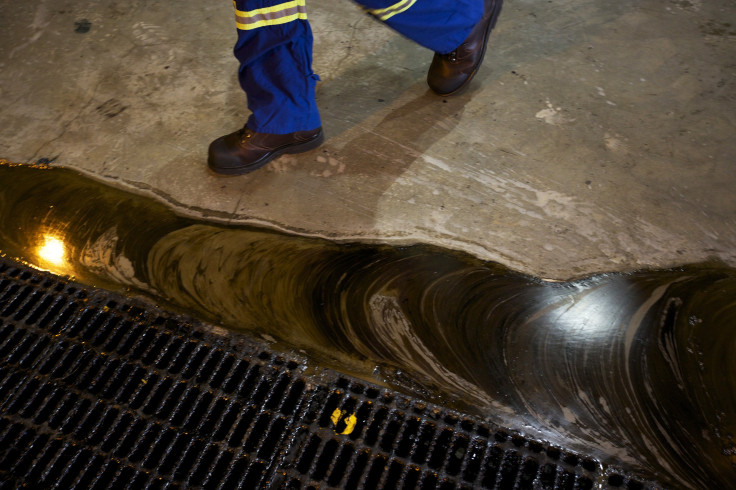Canadian Government-Funded Secret Tar Sands Advocacy Worth Millions: Report

The Canadian government spent millions of dollars on advocacy for extracting petroleum deposits from tar sands, a media report said Wednesday. Canada has one of the world’s largest oil reserves, behind only Venezuela and Saudi Arabia, but 97 percent of its reserves are in the form of tar sands.
The ruling Conservative Party’s 2013 budget included $30 million over two years that were spent on public relations and outreach activities to promote Alberta’s tar sands. The spending was revealed in documents found in a July 2014 policy binder acquired by the Guardian.
The outreach activities, which were never disclosed to the public, reportedly included provisions to “advance energy literacy amongst BC First Nations communities.”
The administration of Canadian Prime Minister Stephen Harper has focused strongly on trying to send tar sands to the British Columbia coast through two pipelines, Northern Gateway and Kinder Morgan. These pipelines have faced stiff opposition from members of Canada’s First Nations communities due to environmental and economic concerns.
The documents reportedly reveal that some outreach activities focused on overseas measures, including efforts to block a European environmental measure -- the EU Fuel Quality Directive -- that would have hurt tar sands exports.
The government also partnered with the International Energy Agency in order to “advance knowledge” about several fossil fuel sources, including shale gas acquired through hydraulic fracturing, which have been put on moratorium in several Canadian provinces.
The documents revealed dozens of other projects between 2014 and 2015 that sought to engage indigenous Canadian communities and enhance “Canada’s reputation as a global energy leader.”
Environmental groups have called for restrictions on Canada’s tar sands industry, and demanded that majority of the sands be left underground. Previous studies have found that up to 85 percent of the country’s tar sands reserves may need to be left untouched in order to prevent a “catastrophic” climate event.
The mainstream opposition Liberal Party’s leader, Justin Trudeau, has criticized the way the Conservative administration pursued its pipeline projects, but fell short of rejecting them altogether.
Earlier in the week, a comment from a prominent lawmaker from the opposition New Democratic Party that called for most of the tar sands to remain untouched drew fire from the government. "A lot of the oilsands oil may have to stay in the ground if we're going to meet our climate change targets," Linda McQuaig said in a CBC interview. "We'll know that better once we properly put in place a climate change accountability system of some kind. And … once we have a proper review process for our environmental projects like pipelines."
Harper condemned McQuaig’s statements. "That is the NDP's not-so-hidden agenda on development," he said Sunday. "The NDP is consistently against the development of our resources and our economy. That's why they have been a disaster wherever they've been in government and why they would wreck this economy if they ever got in, and why they must never get into power in this country."
However, Canada’s reliance on tar sands heavily dented the economy when global oil prices fell sharply earlier this year. The government now faces a budgetary shortfall and economists have warned that it may be entering a recession.
© Copyright IBTimes 2024. All rights reserved.





















